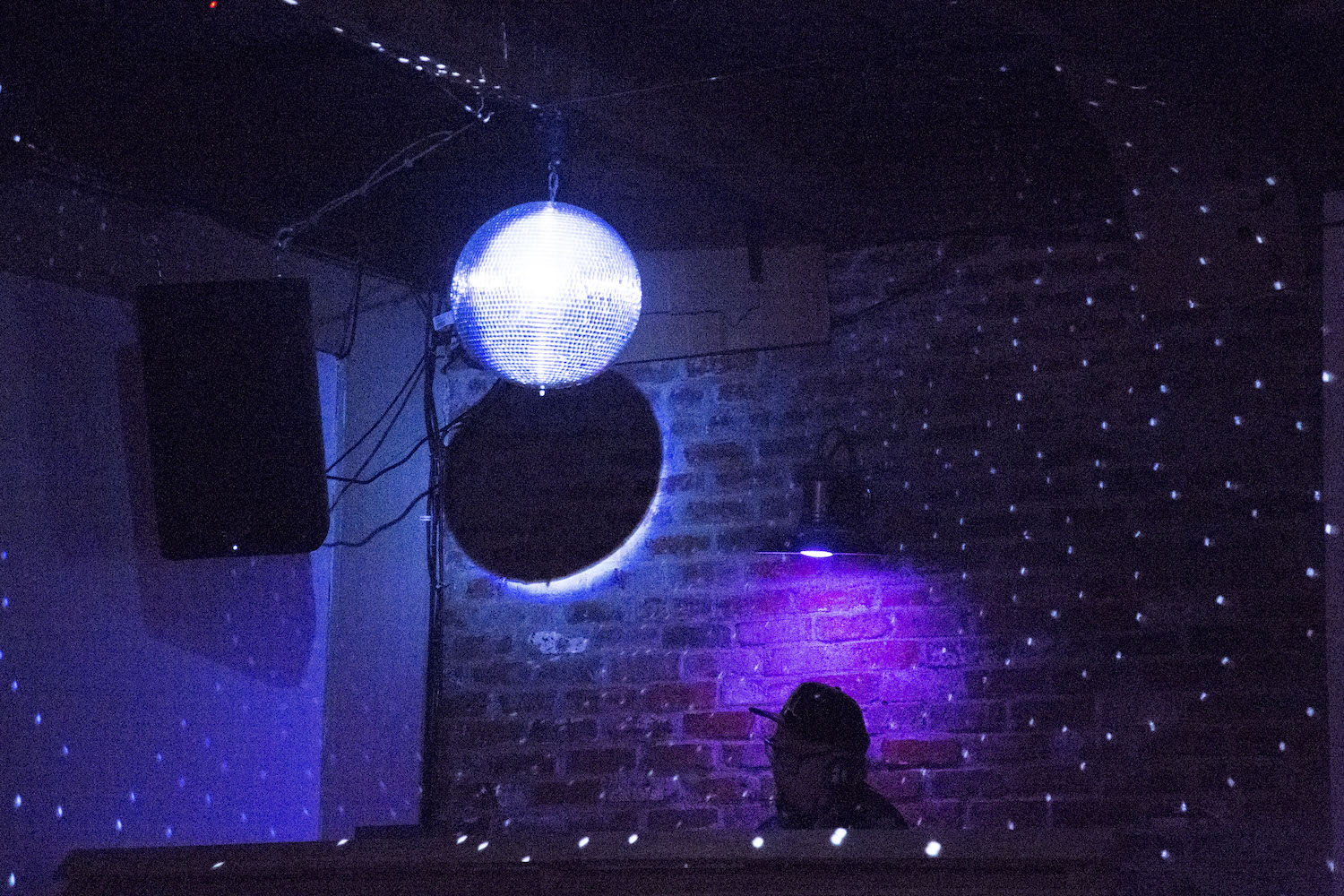The Contingency is about creating events for queer, transgender, and intersex people of color in Hawaiʻi.
Text by Al Town
Images by Marie Eriel Hobro
“It first started as the Windward Contingency,” begins Kaleipumehana Cabral, and then Lala Openi interjects, “The Queer Contingency…” Both of them laugh. “There were a lot of variations to the title,” Cabral says. She looks at Jared Perez, the group’s third member. As the three talk at Honolulu’s Chinatown bar and café Manifest, an outward-facing sign posted on the glass door behind Cabral glows with backlighting, and decrees acceptance of all races, religions, origins, orientations, genders, and abilities. “It was just a joke at first,” says Openi. “Yeah,” agrees Cabral, “it was just, like, our nickname for each other.”
Two years later, their collective is known simply as The Contingency. Along with its other founders, Jasmine Gatlin and Taryn “Tea” Cunningham, the three have sought to organize and create space for the community of queer, transgender, and intersex people of color, or QTIPOC, on O‘ahu. July 2018 marks one year of the group’s monthly dance parties at Manifest, an event known as Kings, Queens, and Inbtwns.
Cabral and Perez met while studying for their master’s degrees in social work at University of Hawaiʻi at Mānoa. A mutual friend introduced them to Openi, a San Francisco Academy of Art graduate new to O‘ahu, who was looking for the QTIPOC on the island’s east side. Hawaiʻi-born Cabral spent time in Oakland during her undergraduate studies at University of California at Berkeley, and she and Openi soon discovered they were involved in the same scene. “We would always reminisce about the parties in the Bay, the queer parties,” Openi says, referring to the type of events they felt Hawaiʻi lacked. One was Ships in the Night, a monthly themed dance party that raised money for community movements. Soulovely, a daytime event, was another. After a year of discussion about creating an Oʻahu version of these gatherings, Cunningham pushed the effort forward. “Tea was finally like, ‘Let’s just do it, y’all,’” Cabral says.
Kings, Queens, and Inbtwns, which has a ten dollar entry fee, kicks off as a mixer. Soft music plays as QTIPOC meet and network. Then the energy ramps up. For those not into dancing when the deejaying starts, visuals are projected onto the wall. Some examples: petty Prince comebacks, pussy power animations, Janelle Monae’s “Pynk” video in which she wears vagina pants. “Just to be in a place where I’m going to see that on a wall, that makes me very happy,” Openi says. Cabral agrees. “Even though it’s like a dance party, I kind of look at it like a community meeting.”
The theme of Kings, Queens, and Inbtwns tends to be sartorial, such as ’90s party, QTIPOC prom, or monochrome, and the music skews toward hip hop and R&B. The event’s genres are chosen to create more of a “refuge,” an intentional space for QTIPOC conversations, Openi says, adding, “I think hip hop is more conversational and narrative.” In the spirit of representing a marginalized group, they avoid house and techno music. “In recent years, it’s been very mainstream,” Perez explains. “And when any music is mainstream, there’s a lot of erasure, especially in QTIPOC communities.” While the event is open to all, the founders are determined to make the event’s nature clear to anyone who attends.
Cabral, Openi, and Perez are also organizing a daytime party that will debut in the coming months. (Gatlin is away for military training and Cunningham now lives in Los Angeles.) As with Kings, Queens, and Inbtwns, they are concerned about educating participants about the intention of the event. “Even though we welcome everyone who supports us, we’re specifically carving something out for a marginalized community, and that can butt up against a lot of people’s ideals in Hawaiʻi,” Cabral says. Unlike the larger queer scene, which is more of a “come one, come all” attitude, she says, their focus is providing space for QTIPOC specifically. “That was something we could bring that’s a little different.”
Since its debut, the Contingency has gained the support of regular volunteers and a growing community. The group also offers discounted rates for kamaʻāina, in hopes of prioritizing local guests and increasing access for them. “It’s definitely like an ʻohana kind of vibe,” Cabral says.
“And we have more theme parties coming,” Perez says. He grins mischievously at Openi, who turns to me, smiling, and says, “We’re all about creating the spaces you want to see.”
Click here to stay up to date with The Contingency.



